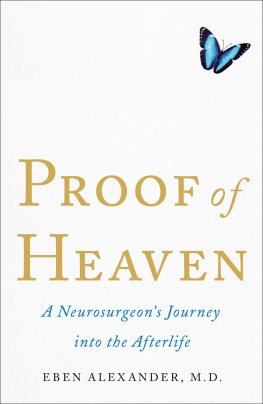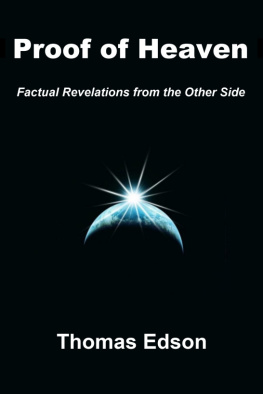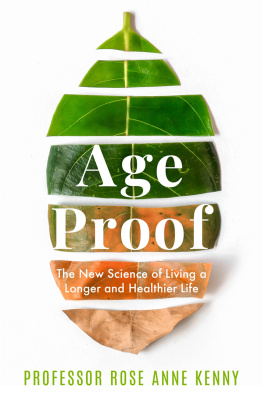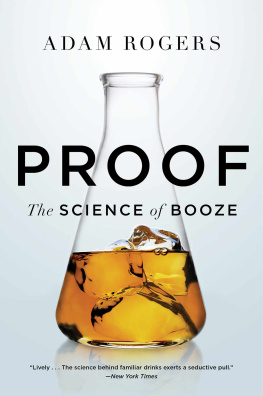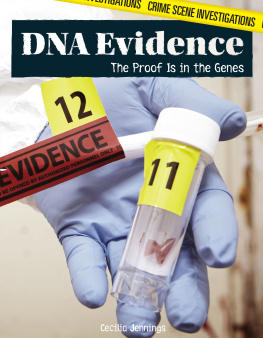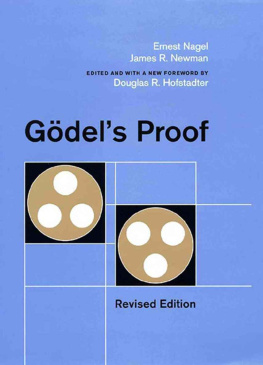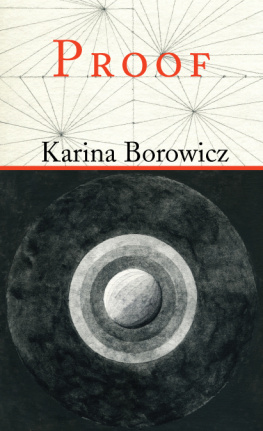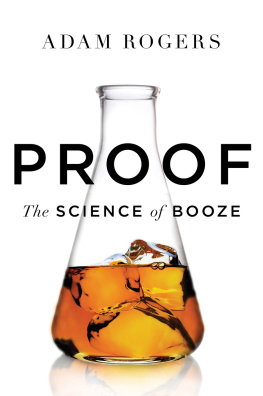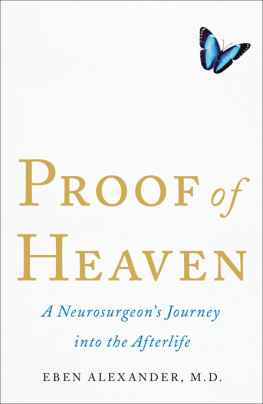Thank you for downloading this Simon & Schuster ebook.
Get a FREE ebook when you join our mailing list. Plus, get updates on new releases, deals, recommended reads, and more from Simon & Schuster. Click below to sign up and see terms and conditions.
CLICK HERE TO SIGN UP
Already a subscriber? Provide your email again so we can register this ebook and send you more of what you like to read. You will continue to receive exclusive offers in your inbox.
We hope you enjoyed reading this Simon & Schuster ebook.
Get a FREE ebook when you join our mailing list. Plus, get updates on new releases, deals, recommended reads, and more from Simon & Schuster. Click below to sign up and see terms and conditions.
CLICK HERE TO SIGN UP
Already a subscriber? Provide your email again so we can register this ebook and send you more of what you like to read. You will continue to receive exclusive offers in your inbox.

Howard Books
An Imprint of Simon & Schuster, Inc.
1230 Avenue of the Americas
New York, NY 10020
www.SimonandSchuster.com
Copyright 2017 by Ptolemy Tompkins and Bernard Haisch
All rights reserved, including the right to reproduce this book or portions thereof in any form whatsoever. For information, address Howard Books Subsidiary Rights Department, 1230 Avenue of the Americas, New York, NY 10020.
First Howard Books trade paperback edition September 2017
HOWARD and colophon are trademarks of Simon & Schuster, Inc.
For information about special discounts for bulk purchases, please contact Simon & Schuster Special Sales at 1-866-506-1949 or .
The Simon & Schuster Speakers Bureau can bring authors to your live event. For more information or to book an event, contact the Simon & Schuster Speakers Bureau at 1-866-248-3049 or visit our website at www.simonspeakers.com.
Cover photograph by Mjaud/Shutterstock
Author photograph Marsha Sims
Library of Congress Cataloging-in-Publication Data is available.
ISBN 978-1-5011-6154-4
ISBN 978-1-5011-6156-8 (ebook)
For Stuart Wing Ray and Emily Zinnemannstrange bedfellows, united by the fact that without them, this book would not exist.
PTOLEMY TOMPKINS
I dedicate this to my wife, Marsha Sims, who supports and inspires me every day and who spent many hours reading, proofing, and copyediting. And thank you to my loving family: Kate Haisch, Taylor Haisch, Elizabeth Henderson, Jason Brenneman, Pamela Eakins, Joyce Eakins, and grandsons Jamie and Will Brenneman, who are destined for greatness.
BERNARD HAISCH
PART I

New York
CHAPTER 1

The Time Nyack
There are lots of nice things you can do with sand: but do not try building a house on it.
C. S. LEWIS, MERE CHRISTIANITY
I N THE SUMMER of 2016, my wife Colleen and I had a falling out, and I suddenly found myself, with a few stray belongings, in a hotel at the edge of my town. A town in which I had lived for seven years, but that I was now dwelling in, essentially, as a stranger, for a little over one hundred dollars a night.
This change was painful but also fascinating. Seeing my town from the slight remove that sleeping in a strange bed at its outskirts provided, I realized that I didnt know the place at all.
The depression killed my appetite, and I often wouldnt get around to eating till sometime after midnight, when all the food stores and restaurants had closed. Walking down to the late-night convenience mart that was just a few blocks from my hotel, Id feel like I was in a foreign country. Id passed that convenience mart thousands of times driving home, but Id never had occasion to go in before. The person working the counter (it always seemed to be a different person each night) would look at me like just another late-night traveler in off the highway that flowed past the hotel, headed from, and toward, who knows where.
Daytime was equally strange. The hotelthe Time Nyackwas a recent addition to the town, and had been built in the currently fashionable boutique style, which meant that it was supposed to be at once sophisticated yet cozy and personal. Make no mistake, the place was nice. However, it was situated in an abandoned mill between a freeway and a graveyard. My room was on the graveyard side, and my windows, though pleasantly large and tall like the room itself, looked directly onto a hill lined with twelve headstones.
These headstones would stare back at me like a slightly
bored Greek chorus whenever I felt energetic enough to get up from bed and see what might be happening in the world outside.
The designers of the hotel had chosen, once again oddly to my mind, the figure of a skull as its central decorative motif. The first thing you saw when you walked inside the hotel was a large, decidedly ominous metal cutout of this logo on the wall by the check-in counter. Meanwhile, the carpet my bed sat on had a similar pair of skulls woven into it, one on each side of the bed, so that the one on the left (my side at home) was always the first thing my still-blurry eyes settled on when I swung my feet out of bed each morning.
When I left the hotel, which I did infrequently, the ill omens continued. Each time I turned the key in my car, my navigation system would helpfully tell me that I was just over half a mile from home. Had someone failed to tell it that this home, while still existing in a physical sense, had ceased being home to me?
One afternoon, while I was driving down the main drag just outside town where all the chain and big-box stores were, a song from the early seventies, Easy to Slip by the group Little Feat, came on the radio. Most pop songs are, in one way or another, about heartbreak, and, as often happens in times of emotional distress, the words seemed directed straight at me that day. All the people that you cant recall, sang Lowell Georgealthough decades dead, clearly aware, somehow, of my current plightdo they really exist at all?
It was a good question. Did anything in this solid and predictable world we all moved through each day really and truly exist, or was it all just a lie, a big flowing river of sand, masquerading, for the moment, as solidity, reliability, permanence?
There was another reason those song lyrics hit me with such curious force that day. In the weeks leading up to my wifes and my split, I had been working with an astrophysicist named Bernard Haisch on the beginnings of a book with the ambitious title Proof of God .
Several months back, Id gotten an email from Haisch, who had just come back from a conference where hed met an old friend of mine, the writer and researcher Stephan Schwartz. Bernie (as I soon came to call him) told Stephan that hed written two books on what he considered to be very importantin fact, crucialtopics. He had, he said, a message he wanted to get out to the world.
Bernies books had found readers, but not a popular audience. The reason for this was simple. Though fascinating, both books dealt with heavy subject matter. Despite Bernies often heroic attempts to bring this subject matter down to the level of a common reader, neither of his two titles was the kind of thing someone might pick up on a whim at the airport. Perhaps, he asked, I would be interested in helping him retool these books so that they could reach a larger audience?
Next page

